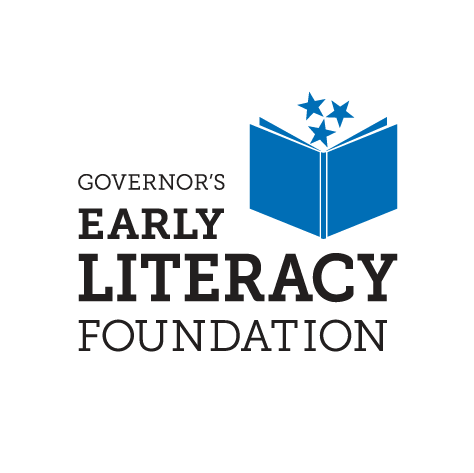Dr. John S. Hutton, MD, MS, is a pediatrician and clinical researcher in the Division of General and Community Pediatrics and Director of the Reading Literacy Discovery Center. Dr. Hutton’s research at Cincinnati Children’s covers all facets of pediatric general and health literacy. He is applying MRI to better understand the influence of modifiable aspects of home reading and screen environments on structural and functional brain networks supporting emergent literacy, the skills and attitudes preparing a child for reading. His work was the first to document such effects prior to kindergarten, widely featured in national media. Below are key take-aways from Dr. Hutton’s research on the impacts of reading books in different formats on a child’s brain development as well as links to the full studies.
Audio, Illustrated and Animated Stories: Different Platform, Different Networks
There are substantial differences in functional brain network connectivity for animated and more traditional story formats in preschool-age children, reinforcing the appeal of illustrated storybooks at this age to provide an efficient foundation for language. Illustrated storybooks are optimal at the preschool age to encourage integration of attention, visual and language networks, while animation may bias attention toward only visual networks. Click here for the full study.
Dialogic Reading vs. Screen-Based Listening: Impact on Comprehension
Dialogic reading or “interactive reading” is a shared reading intervention shown to have a positive effect on both literacy and general language skills in preschool children. In a study of dialogic reading vs. screen-based stories listening, research found that dialogic reading improved a child’s vocabulary and reduced interfering connections related to attention. In contrast, hyper-connectivity during screen-based stories listening was associated with lower narrative comprehension and showed no changes in a child’s vocabulary. Dialogic reading intervention for preschool-age children reduces interfering connections, which is related to better comprehension. Click here for the full study.
Governor’s Early Literacy Foundation promotes family engagement around reading and reading “with” a child by providing children and caregivers with high-quality literacy resources and books.



